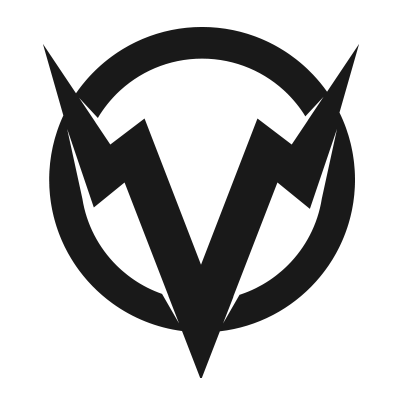Three rounds for time of:
15 Overhead squat, 95# (65#)
15 L Pull-ups
15 Split-jerk, 95# (65#)
15 Knees to elbows
15 Hang clean, 95# (65#)
15 Back extensions, 25#
Hold 25 pound plate or dumbbell to chest for back extensions.
Post time to comments.
Thanks Verve for getting our ass in shape, for the best day of our lives. XOXO, Zach & Kristi. Congratulations you two, you look amazing!
Even coaches need coaches.
I've been doing CrossFit for five years now. Through out that time I have coached CrossFit athletes almost daily for three of those years, continued my education at least quarterly and been on the CrossFit L1 seminar staff for over two of those years. I've competed in the CrossFit games twice and should be feeling at the top of my game. But, in the grand scheme of things, that really isn't that long and while I have continued to develop and feel confident in my trade, I am far from calling myself an expert or thinking I have arrived.
When I first started CrossFit as an athlete, PR's came almost daily. Same as being a coach, improvements came so regularly that it was obvious to me where and how to continue to improve. CrossFit (coaching or as an athlete) is like tasting fine wine. At first you think those wine snobs are crazy that they can smell and taste bilberry root in your glass. Over time you start to taste the bilberry root. If you work at your craft before you know it (likely 10 years down the road) your not only making the wine but you can identify 10 scents and tastes in that glass of wine, knowing how long it should age, understanding the bottling process, growing and all the nuances of wine making. Or you could plateau, which often leads to a decline in skills.
Those in danger of plateauing are those who know their craft or sport. Been doing in for a few years and the exponential growth they once saw now happens to a lesser degree. Maybe you anticipate your movement challenges, know what cues a coach will bark at you, and understand how to game a WOD. Eventually, you try to head off these problems before workouts start by incorporating mobility, concentrated practice or take specialty classes, maybe you even avoid those things? You have your issues all figured out. You begin to be able to handle a wide range of challenges with less fumbling and confusion. So maybe even you become a little complacent. I could easily fit into this mold, but I believe there is a better way.
The coaching model is different from the traditional conception of pedagogy (study of teaching methods), where there’s a presumption that, after a certain point, the student no longer needs instruction. You graduate. You’re done. You can go the rest of the way by yourself. But our fields are always evolving. We have to keep developing our capabilities and avoid falling behind. So the training suggests an ethic of perfectionism. Expertise is thought to be not a static condition but one that we must build and sustain for ourselves. (here where it may be going wrong)
The coaching model considers the teaching model naïve about our human capacity for self-perfection. It holds that, no matter how well prepared people are, few can achieve and maintain their best performance on their own.
The U.C.L.A. basketball coach John Wooden, at the first squad meeting each season, even had his players practice putting their socks on. He demonstrated just how to do it: he carefully rolled each sock over his toes, up his foot, around the heel, and pulled it up snug, then went back to his toes and smoothed out the material along the sock’s length, making sure there were no wrinkles or creases. He had two purposes in doing this. First, wrinkles cause blisters. Blisters cost games. Second, he wanted his players to learn how crucial seemingly trivial details could be. “Details create success”.
Élite performers, researchers say, must engage in “deliberate practice” sustained, mindful efforts to develop the full range of abilities that success requires. You have to work at what you’re not good at. In theory, people can do this themselves. But most people do not know where to start or how to proceed. Expertise, as the formula goes, requires going from unconscious incompetence to conscious incompetence to conscious competence and finally to unconscious competence. The coach provides the outside eyes and ears, and makes you aware of where you’re falling short. This is tricky. Human beings resist exposure and critique; our brains are well defended. No matter how well trained people are, few can sustain their best performance on their own. Additionally, tasks that involve the complexities of people or nature seem to take the longest to master. That’s where coaching comes in.
I recently hired a coach to address where I can improve in my athletic performance. It's been eye opening and great to see what I was missing. I've already seen improvements and have a better visualization of my future capacity. I also now have upwards of six coaches delivering me feedback on my profession, how I coach, how I teach, how I lecture. I believe we all could use eyes and ears on our performances. It's when we start to feel comfortable in our craft that we've stopped learning and stopped progressing. And if it's excellence your striving for, someone else looking in with honest eyes, may just be the only way to get there.
This is a test, if you read this whole thing, post to comments.
Inspired by and excerpts from, Personal Best, Top athletes and singers have coaches. Should you? -by Atul Gawande
